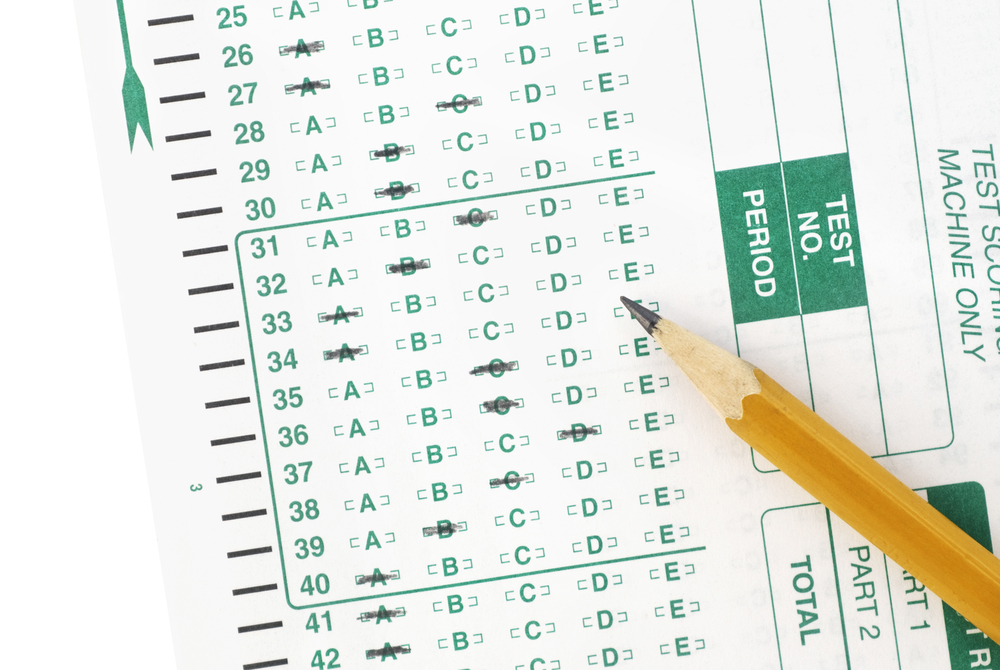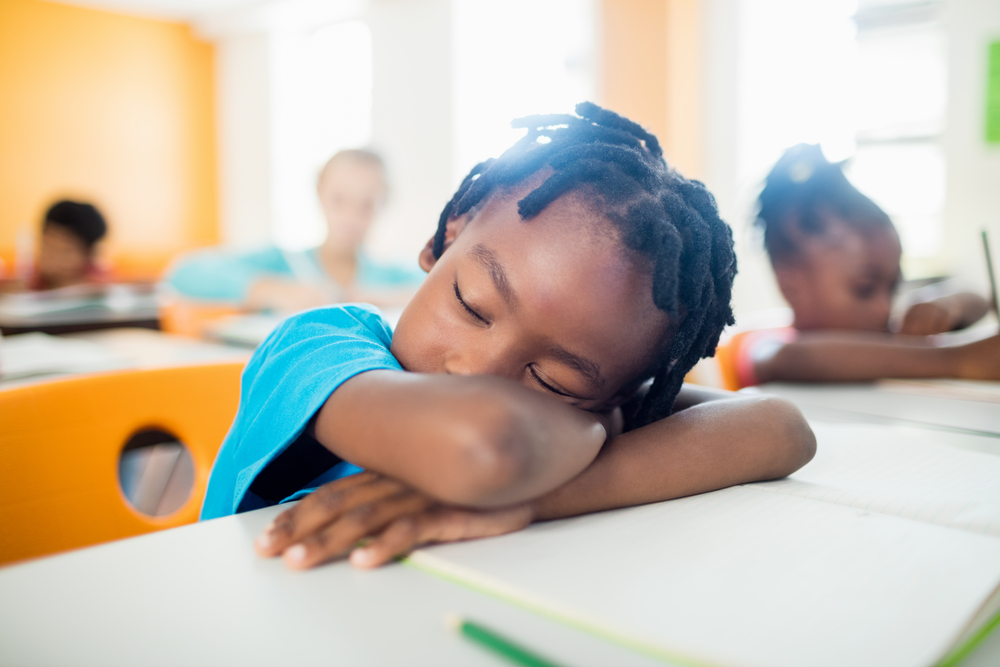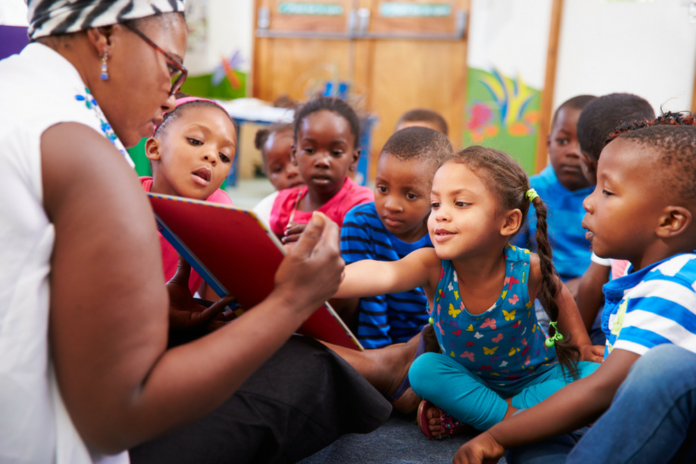“It’s said that a wise person learns from his mistakes. A wiser one learns from others’ mistakes. But the wisest person of all learns from others’ successes.” – John C Maxwell (Leadership expert)
In the first submission of this series, the history, socio-cultural context and the pedagogical regime of the English-speaking Caribbean were identified and discussed, highlighting from how far we have come and which limitations we have encountered as we strive to reach even further. The importance and necessity of widespread access to education are reflected in the investments made by the multiple governments; financing new schools and institutions, an increase in academic and vocational programmes and a result of consistently high literacy rates. All the same, it does not translate to a greater GDP (Gross Domestic Product), higher national income or a paralleled increase and betterment in innovation, standard of living or job creation.
What can a nation do?

Therefore a question must be asked, if the current education system is inefficient in producing innovators, entrepreneurs and a reduction in the culture of dependency, what can a nation do after following this course of action for almost three decades? Whom ever thinks the answer is to slash and burn in efforts to start again would definitely be mistaken. The expectation to completely withdraw from the current education instrumentation is unrealistic and counterproductive to our economic and development goals. However a few borrowed strategies from countries that have made significant advances both academically and economically, would only serve as an asset.
A few of these systematically implemented reforms could greatly and positively impact the education system and funnel the region towards its desired developmental goals.
- In countries like Poland, Japan, and Finland, standardized mandatory testing is deferred until the students have passed their developmental years, with Finland only having one mandatory test at the age of 16. Research studies support that students flourish more in environments that don’t foster comparisons or competition between them. This allows knowledge to be the primary goal and not the pursuance of high rank and grades.
- Teachers should be selected from the most highly-skilled persons in the nation. In Singapore and Finland teaching is never treated as a last option job, a teacher is viewed as one of the most-respected professions. In order to achieve this designation, one must be highly educated and trained, the training in Singapore is compared to the medical residency of a student Doctor. Educators are also expected to not only be versed in their particular subject matter and curricular but also possess astute knowledge about pedagogical research and innovations.

- “Chalk and talk” must be allowed to sink into the waters of the past and a more integrated facilitation method must be promoted in the classroom. Japan has been furthering the cause of a more technology-based education structure that supports interactive engagement, access to real-world experts, group participation, student feedback and inherently prepares their students for a technologically innovative world.
- A small student to teacher ratio is a strategy employed in countries such as Norway, this is not a new plan of action, but it is one that has been proven to be successful time and time again.
- Germany has an extremely successful scheme in regards to imparting pupils with hands on experience and real-world skills that are consistently changing to cater to the actual requirements of the labour market. After completing junior secondary school (Hauptschule) at the age off 15 or 16, students are placed into a vocational school (Berufsschule) that they attend while simultaneously completing a State assigned apprenticeship.
A pinch of this and a drop of that
In recognizing that the British Caribbean’s education model is grounded firmly in its colonial roots, an equivalence can be made to West Indian cuisine. The dishes that we prepare and favour here as uniquely our own were once pale reflections of foreign meals, until they were ultimately deconstructed, altered and manipulated to bring forth dishes such as Pelau, Callaloo and Doubles – something of our very own, tailored to best suit our palette.



















